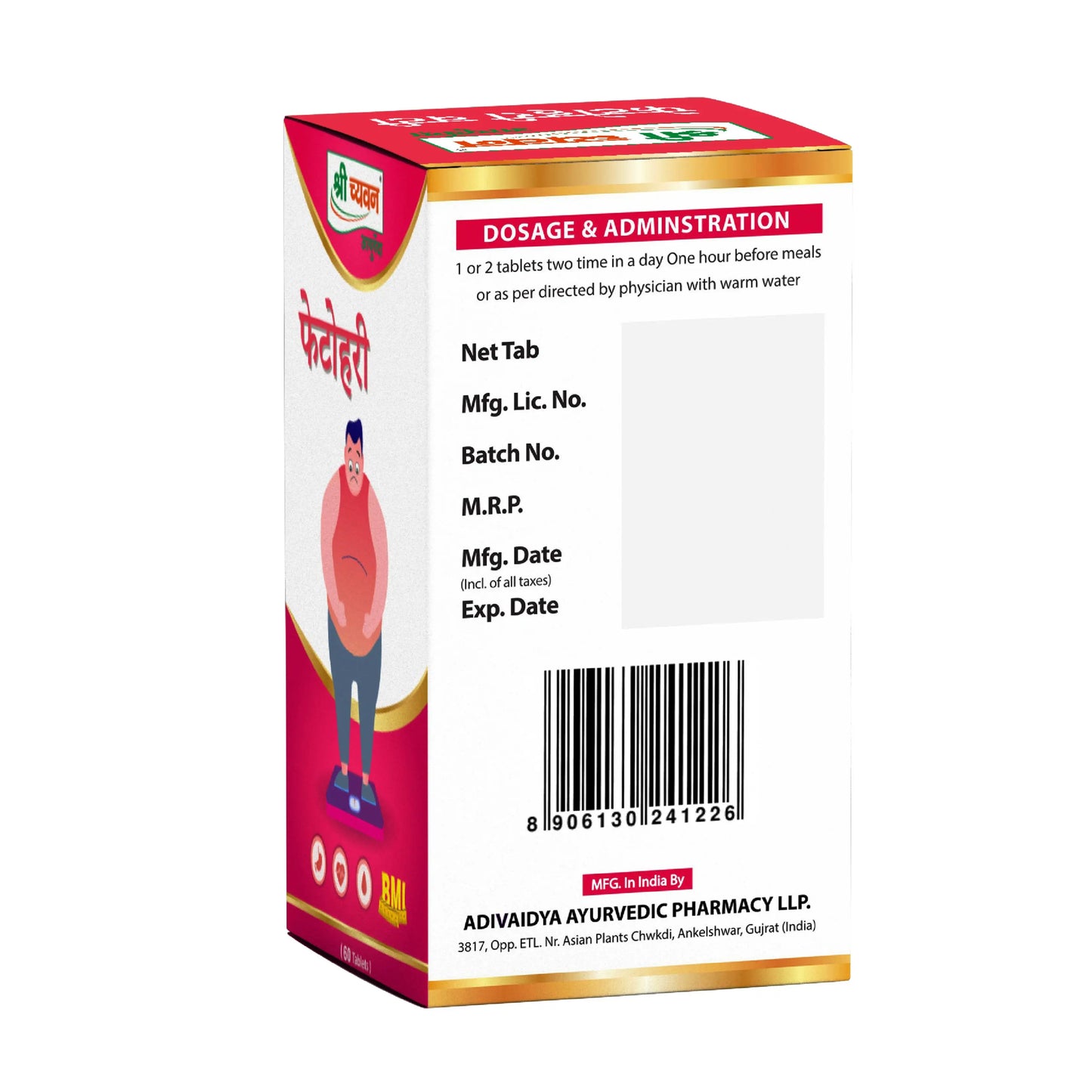Social Impact of Obesity
Healthcare Strain
- Obesity is associated with numerous chronic diseases such as diabetes, heart disease, and certain cancers. This leads to increased demand for healthcare services, overwhelming healthcare systems and professionals.
- Individuals with obesity often face physical limitations that can hinder daily activities and reduce overall quality of life. This can lead to social isolation, depression, and anxiety.
- Obesity can lead to increased absenteeism and presenteeism (working while sick), reducing overall workplace productivity. Employers may face higher costs related to healthcare benefits and lost workdays.
- People with obesity frequently encounter social stigma and discrimination, which can impact their mental health and self-esteem. This stigma can also affect their professional opportunities and personal relationships.
Healthcare Costs
- Treating obesity-related conditions is expensive. The increased use of medical services, medications, and hospitalizations contributes significantly to national healthcare expenditures. In some countries, these costs run into billions of dollars annually.
- The economic impact of reduced productivity due to obesity-related health issues is substantial. This includes both direct costs, like medical expenses, and indirect costs, such as lost income and decreased work output.
- Employers and employees may face higher insurance premiums as a result of the increased health risks associated with obesity. This can affect overall economic stability and financial planning for both businesses and individuals.
- Governments often need to allocate more resources to public health initiatives aimed at preventing and treating obesity, diverting funds from other critical areas such as education and infrastructure.
Natural Treatment with Fetohari Capsule
While there are various approaches to managing obesity, from lifestyle changes to medical interventions, natural treatments have gained popularity due to their holistic benefits and minimal side effects. One such treatment is the Fetohari capsule by Shri Chyawan Ayurveda.
Fetohari Capsule: A Natural Solution
Fetohari capsule is a natural obesity treatment recommended by thousands of satisfied customers. This Ayurvedic remedy is formulated with herbal ingredients known for their efficacy in weight loss and obesity management. Here’s why Fetohari capsule stands out:
Herbal Ingredients
- The capsule contains a blend of herbs traditionally used in Ayurveda to boost metabolism, reduce fat accumulation, and improve digestion.
Safe and Effective
- Being a natural product, Fetohari capsule is free from harmful chemicals and synthetic additives, making it a safe option for long-term use.
Customer Satisfaction
- Many users have reported significant weight loss and improved overall health, making Fetohari capsule a trusted choice in the fight against obesity.
Holistic Benefits
- In addition to weight loss, the herbal components of Fetohari capsule support overall well-being, enhancing energy levels and promoting a healthy lifestyle.
Fetohari's Ingredients and Their Benefits for Obesity Management
1. Medodhar Vidang (Embelia Ribes)
Benefit: Medodhar Vidang is traditionally used in Ayurveda for its fat-reducing properties. It helps in improving digestion and metabolism, which aids in weight management. It also has anti-inflammatory and detoxifying effects that can help in reducing body fat and improving overall health.
2. Laxmi Vilas Ras
Benefit: Laxmi Vilas Ras is a classical Ayurvedic formulation known for balancing the doshas (body energies) and enhancing metabolism. It supports the reduction of excess body fat and promotes the overall well-being of individuals. This compound is also known to boost immunity and improve digestive health.
3. Fennel (Foeniculum Vulgare)
Benefit: Fennel seeds are rich in dietary fiber, which helps in controlling appetite and promoting a feeling of fullness. They have diuretic properties that help reduce water retention and bloating. Additionally, fennel seeds improve digestion and metabolism, which are crucial for weight loss.
4. Celery (Apium Graveolens)
Benefit: Celery is low in calories and high in water content, making it an excellent food for weight management. It also contains dietary fiber, which aids in digestion and keeps you feeling full longer. Celery is known for its detoxifying properties and helps in reducing inflammation, which can be beneficial for managing obesity.
5. Fenugreek Extract (Trigonella Foenum-Graecum)
Benefit: Fenugreek seeds are high in soluble fiber, which helps control appetite and increase feelings of satiety. They help in regulating blood sugar levels and improving metabolism, which can contribute to weight loss. Fenugreek also aids in improving digestion and reducing cholesterol levels.
6. Heart-Leaved Moonseed Extract (Tinospora Cordifolia)
Benefit: Also known as Guduchi or Giloy, this herb is renowned for its detoxifying, anti-inflammatory, and metabolism-boosting properties. It helps in regulating blood sugar levels and improving digestion, which can assist in weight management. Guduchi also enhances the immune system and overall vitality.
7. Cumin Extract (Cuminum Cyminum)
Benefit: Cumin seeds are known for their digestive properties and ability to boost metabolism. They help in improving the breakdown of fats and enhancing nutrient absorption. Cumin also has a thermogenic effect, which means it increases the body’s metabolic rate, aiding in weight loss.
8. Premna Extract (Premna Integrifolia)
Benefit: Premna is traditionally used in Ayurvedic medicine for its anti-inflammatory and digestive benefits. It helps in regulating metabolism and reducing body fat. Premna also supports detoxification processes in the body, promoting overall health and well-being.
The social and economic impacts of obesity are profound and multifaceted, affecting individuals, communities, and economies at large. Addressing this issue requires a comprehensive approach that includes lifestyle changes, public health policies, and effective treatments. The Fetohari capsule by Shri Chyawan Ayurveda offers a natural, safe, and effective option for those looking to manage their weight and improve their health. With thousands of happy customers attesting to its benefits, Fetohari capsule could be a valuable addition to your weight loss journey.
FAQ's
1. What are the primary social impacts of obesity?
Answer: The primary social impacts of obesity include:
- Increased healthcare strain due to the rise in obesity-related chronic diseases.
- Reduced quality of life as individuals with obesity may face physical limitations and mental health issues.
- Decreased workplace productivity owing to absenteeism and presenteeism.
- Social stigma and discrimination, which can affect mental health, professional opportunities, and personal relationships.
2. How does obesity affect healthcare systems?
Answer: Obesity places a significant burden on healthcare systems by increasing the demand for medical services, medications, and hospitalizations. Treating obesity-related conditions like diabetes, heart disease, and certain cancers leads to higher healthcare costs and can overwhelm healthcare providers.
3. What are the economic consequences of obesity?
Answer: The economic consequences of obesity include:
- Higher healthcare costs due to the treatment of obesity-related diseases.
- Lost productivity from increased absenteeism and presenteeism.
- Higher insurance premiums for employers and employees.
- Increased public health expenditure on obesity prevention and treatment programs.
4. In what ways does obesity reduce workplace productivity?
Answer: Obesity reduces workplace productivity through increased absenteeism (employees missing work due to health issues) and presenteeism (employees working while sick and not performing at their best). This leads to lower overall work output and increased costs for employers.
5. How does obesity-related stigma impact individuals?
Answer: Obesity-related stigma can lead to discrimination, social isolation, and negative effects on mental health, such as depression and anxiety. This stigma can also hinder professional opportunities and personal relationships, further impacting the individual's quality of life.
6. What role do public health initiatives play in addressing obesity?
Answer: Public health initiatives play a crucial role in addressing obesity by promoting healthy eating, physical activity, and education about the risks of obesity. These initiatives often include community programs, policy changes, and support for healthcare providers to help prevent and manage obesity on a larger scale.
7. Can natural treatments like Fetohari capsule help in managing obesity?
Answer: Yes, natural treatments like Fetohari capsule, which is formulated with herbal ingredients known for their efficacy in weight loss, can help manage obesity. These treatments are often preferred due to their holistic benefits, minimal side effects, and the support they provide for overall well-being.
8. What are the long-term effects of childhood obesity on society?
Answer: Long-term effects of childhood obesity on society include a higher likelihood of these children becoming obese adults, increased risk of developing chronic diseases at a younger age, and greater healthcare costs over their lifetime. Additionally, childhood obesity can impact educational outcomes and future economic productivity.
9. How do higher insurance premiums relate to obesity?
Answer: Higher insurance premiums are often a consequence of the increased health risks and medical costs associated with obesity. As insurers adjust their premiums to cover these higher costs, both employers and employees may face increased financial burdens.
10. What strategies can employers implement to address obesity in the workplace?
Answer: Employers can implement various strategies to address obesity in the workplace, such as:
- Offering wellness programs that include nutritional counseling and fitness activities.
- Providing healthy food options in cafeterias and vending machines.
- Creating a supportive environment for physical activity, like on-site gyms or incentives for active commuting.
- Offering mental health support to address stress and other psychological factors related to obesity.








